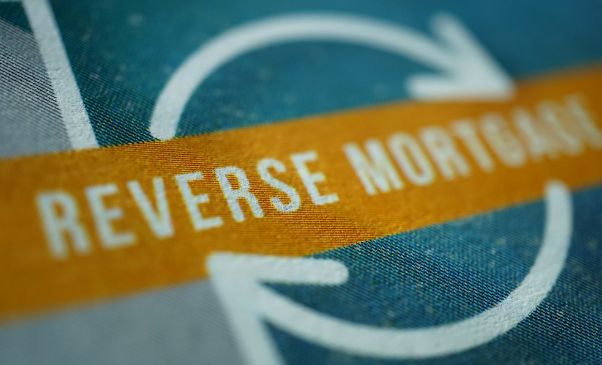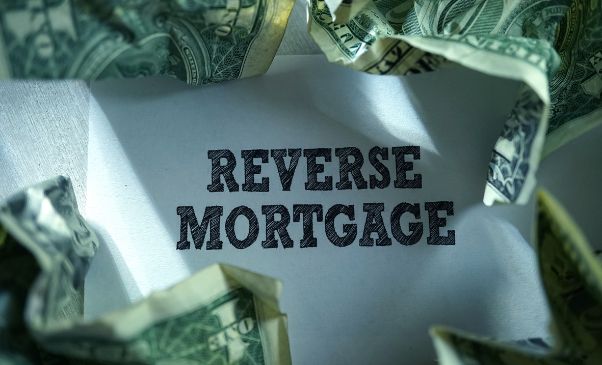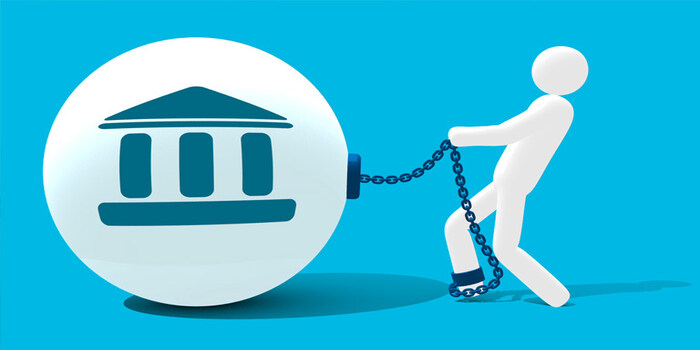How To Avoid Outliving Your Reverse Mortgage
Aug 09, 2022 By Susan Kelly
Reverse mortgages are like a second mortgage, often used by seniors to supplement their income. However, the downside of reverse mortgages is that the loan can exceed the property's value, meaning you might end up outliving your home. To avoid this horrible scenario, here are five tips:
What is a Reverse Mortgage?
It's possible to borrow money from your bank or credit union in reverse form, a reverse mortgage. A reverse mortgage is a loan that is backed by the equity that you have built up in your home and gives you access to cash when it is required. After then, you'll be responsible for paying back the loan, together with any applicable interest, over time.
Some considerations should be made before applying for a reverse mortgage. There are several limitations to reverse mortgages. Solid credit history is required for those above the age of 59.
Another important consideration is your ability to pay back the loan. It is essential to keep in mind that you will need to ensure that your monthly revenue is sufficient to meet all of your costs. If you fall behind on the payments, your home can be taken away from you by your bank or credit union.
Lastly, speak with a financial counselor to learn more about reverse mortgages. You need to be aware of a number of specific details about this kind of loan.

Five Ways to Avoid Outliving Your Reverse Mortgage
Like most people, you'd prefer not to contemplate your mortality. Most individuals who have a reverse mortgage must, however, give it some thought.
Reverse mortgages may be outlived in five ways:
- Make sure your loan is fully funded. If your reverse mortgage loan isn't fully funded, you could lose the house and all the money you've put into it.
- Stay current on your payments. Don't make any late payments—even if that means going without some creature comforts. Late payment may harm your credit and result in foreclosure.
- Regularly review your insurance coverage. Make sure your insurance will pay out if you pass away, become disabled, or need 24/7 care.
- Discuss your alternatives for estate planning with an elder law attorney. A lawyer can assist you in drafting a will and other estate planning papers that will safeguard your possessions in the event of your passing.
- Make copies of crucial papers, including your license and social security card, and store them in a secure location away from your house.
Pros and Cons of a reverse mortgage
Reverse mortgages are a popular way to finance retirement, but there are a few things you need to know before deciding whether or not to take one out.
The main pros of a reverse mortgage are that it can help you get money when needed and is tax-free. The downside is that reverse mortgages typically have a shorter repayment period than traditional mortgages, so if you don't use the money, the loan is backed up quickly. You can wind up paying back the money plus interest.
If you're on the fence about taking out a reverse mortgage, talk to someone who knows about them – your financial advisor or a representative from a reverse mortgage company. They can help you determine what's best for you and answer any questions.
How to choose a reverse mortgage company?
If you're looking for a reverse mortgage firm, here are some things to consider:
- Ensure that the business you choose has a strong reputation.
- Choosing a reputable company is one of the most important steps to avoid outliving your reverse mortgage.
- Make sure the company has experience handling reverse mortgages.
- Verify the financial stability of the business you're considering.
Another way to avoid outliving your reverse mortgage is to plan for it. A Reverse Mortgage Survival Plan might help you prepare for the worst-case scenario. This plan should include your finances, health, and estate planning details.

If you are worried about outliving your reverse mortgage, resources are available to help you. The National Reverse Mortgage Association (NRMA) has several tips on its website about ensuring you have a safe and secure reverse mortgage. They also have a hotline that is open 24/7 to answer any questions you may have about reverse mortgages.
Tips for Individuals and Lenders
If you're 65 or older, you may be concerned about how you will afford to live when your reverse mortgage is no longer providing financial support. You can do a few things to help ensure that you live a comfortable and respectable life after your reverse mortgage is no longer providing support.
- First, ensure you take the right steps to avoid outliving your reverse mortgage. This means making sure your monthly payments are on track, that you're not using the money you borrowed more than what's required, and that you have a reasonable budget for retirement expenses.
- Many lenders have specific guidelines for how long borrowers should continue to make payments after their reverse mortgage is no longer providing financial support. Ensure you follow these instructions so that you don't run into any complications down the road.
- Finally, it's vital to recognize that everyone suffers changes in their life at some time. Don't be discouraged if your reverse mortgage isn't providing financial support. Just ensure you'll have enough money to live comfortably without it.
Conclusion
One of the most important things you can do to ensure your retirement dreams come true is to make sure you're doing everything possible to avoid outliving your reverse mortgage. There are a few key steps that you can take to reduce your risk of outliving your reverse mortgage, and by following these tips, you'll be on the right track to ensuring a comfortable retirement for yourself.








